Your Spanish is Fab! Part 3
All eyes are on the Candidates 2020, which will determine the challenger in the World Chess Championship to be held later this year. The top seed of the tournament, Fabiano Caruana, also has the unique distinction of publishing most of his findings on one of the most complex openings, the Spanish, in a 16 hour 3 DVD package for ChessBase. Having loved the first two parts, Tanmay Srinath in a detailed look at the DVD takes you through the last part, and tells you why listening to one of the greats of the modern game is a shortcut to chess improvement! | Photo: World Chess
My experience of working with Caruana's Ruy Lopez Vol.03
by Tanmay Srinath
A month full of exams and a PC upgrade meant that finishing the 3rd part took some time for me. Too much is too bad is a proverb I have failed to understand till now - this possibly explains why I got bored when I watched Caruana explain for long bursts of time. Chess is a game where variety is important, and by doing too much of one thing we fail to get the maximum out of it. Thus, the above break proved to be a perfect refresher for me, and once I came back the hours flew by, but the learning rate didn't fall!
What did I gain in general from listening to a top player explaining the opening he knows best, let me come to the contents of the DVD : All the rare and not-so sound lines of the Ruy Lopez are covered in-depth in this volume. Why not-so-sound you ask? Well, in general chess is a draw, but these openings tend to make it harder for Black to fight on level ground. Some of them like the 1.e4 e5 2.Nf3 Nc6 3.Bb5 f5 variations are borderline bad, while the others like the Steinitz and the Steinitz Deferred are not as bad as they are unpopular, but in general the consensus at the top is that White is achieving more than his 1st move advantage by playing logical chess.
This DVD is a must watch for the club player. Why? All the variations given here are most commonly played by sub 2000 level. I know quite a few of my peers who essay the early d6 variations with success - I recently lost two games in the same line in the same tournament! Thus, it is quite essential to know what exactly to play against what move order, and for that Caruana is the best teacher - in each situation he explains why a certain move and plan works and why a certain move doesn't. The answers to all the whys in this DVD are golden nuggets of wisdom distilled from Fabi's unique chess understanding, and more than the opening variations I can say that I learnt the most from his thought process when choosing a move or a plan.
Now then, on to the concrete recommendations:
Against the Classical setup with 3...Bc5 Fabiano recommends an early c3-d4 in the style of a Scotch Gambit or an old Italian line:
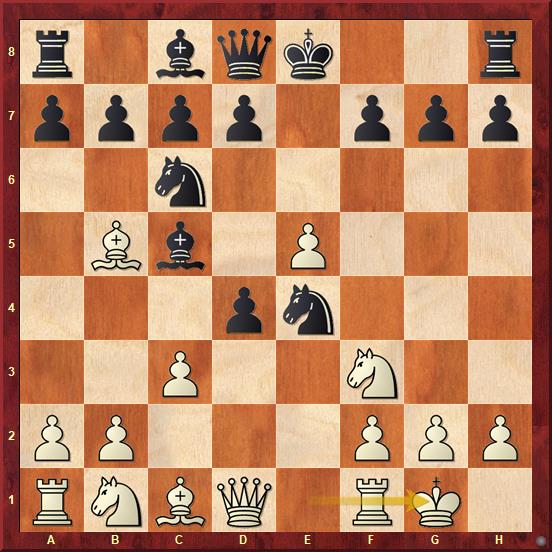
The Bird Defense is frankly an irritating opening to face if you are an under-prepared aggressive player - Black hopes to take over the initiative on king-side:
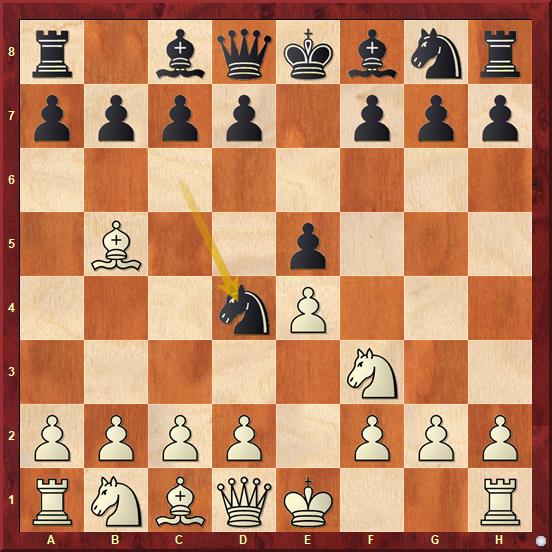
Now the variation that I considered a real challenge - the 3...f5 gambit. Fabiano devotes a whopping 48 minutes to this line, and his recommendations center on the positional approach with 4.d3:
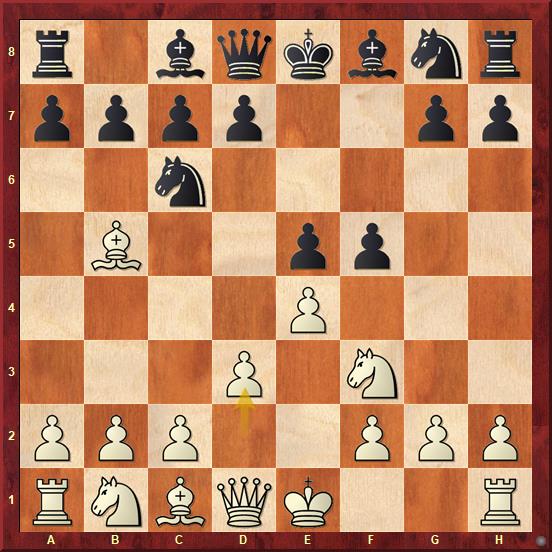
What I really admire about a top player like Fabiano is his pragmatism. While the 4.Nc3 might seem playable when you look at it with an engine, the insane amount of lines that one needs to remember makes it a real challenge at any level. Thus, while 4. d3 doesn't refute the Schliemann, it makes it incredibly difficult for Black to get enough play to call the game equal. Also, since the line is positional in nature, there is no requirement to remember hundreds of moves in this one variation alone, so it is easier for White to play this position.
As I have previously mentioned as well, Fabiano likes to go for positions where memory isn't the no.1 factor in deciding who wins. This approach, coming from one of the best prepared players on the planet, shows us the way forward. It also makes the DVD really fun to watch - there are very few machine like lines, and while White's advantage is never really big, it can't be neglected by Black, and the 2nd player has to suffer in the long-term to hope for a share of spoils.
The Cozio Defense - 3...Nge7 and the Deferred Cozio with the insertion of a6 and Ba4 are also well dealt with by Fabi, who gives two separate lines for the two options. Here is where the average club player might find it a little tricky, but in general one can't classify this as a negative - on the contrary it shows how seriously Fabiano has taken this DVD and his critical approach to each nuance must be appreciated.
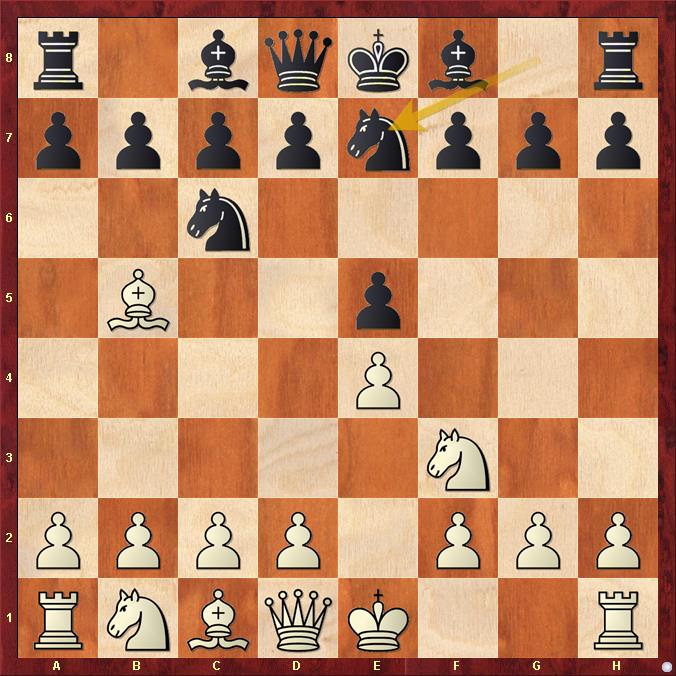
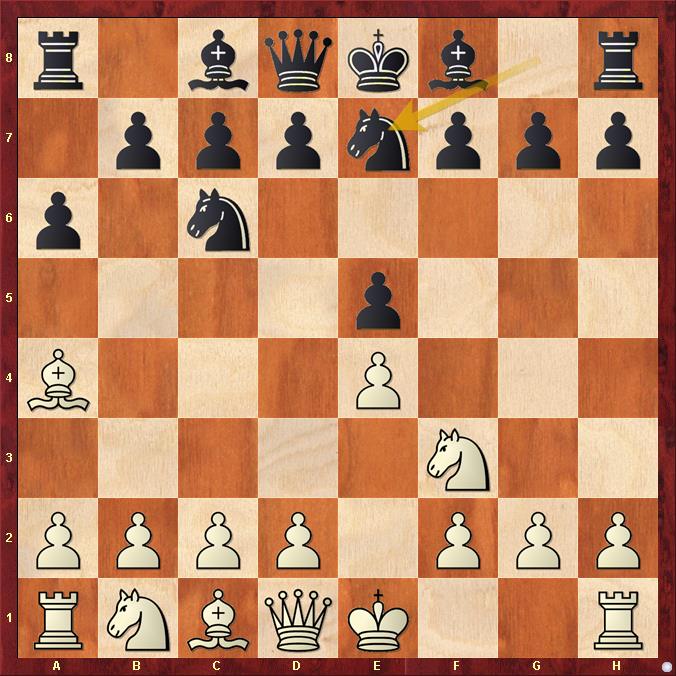
The tricky 3...g6, called the Smyslov Variation, has been tried by many top players these days. This has also been handled effectively for White - the line suggested in the DVD involves an early pawn sacrifice:
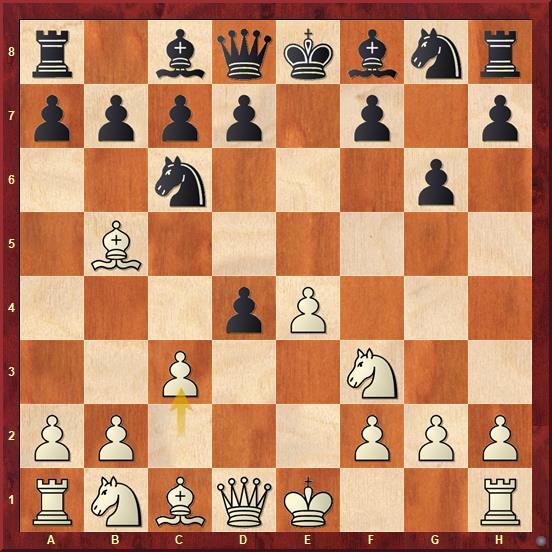
Now comes the irritating variation I have faced the most in my short career till now - the Steinitz with 3...d6:
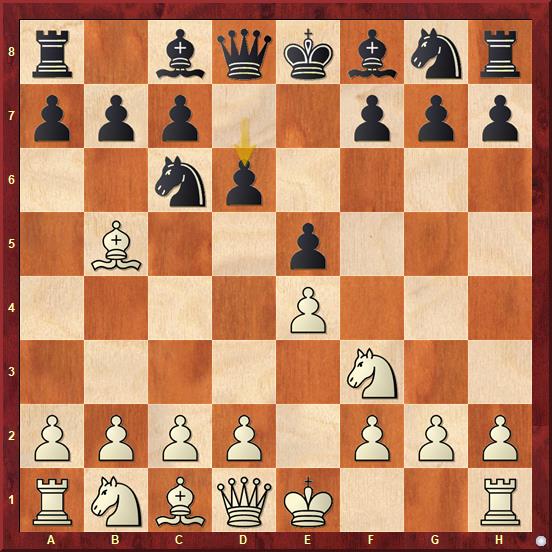
This position, reached commonly in the Steinitz, shows why Black is in bad shape:

However, Black is not without his trumps in these early d6 systems. He has an unsound but practically dangerous surprise weapon at his disposal:
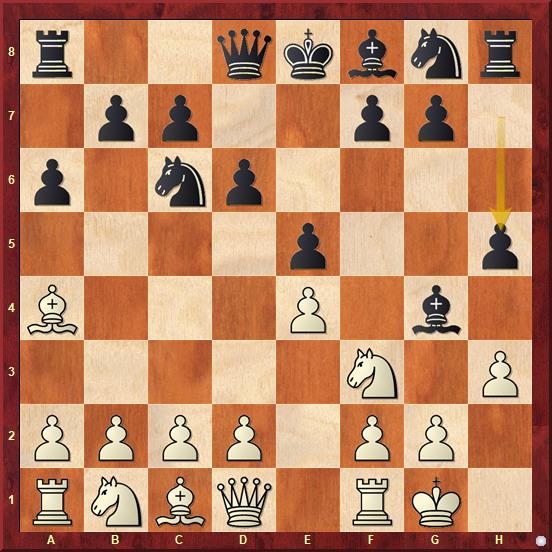
There is one last position that I wish to show you, to illustrate my point that chess has basically no strict ground rules that apply in all positions:
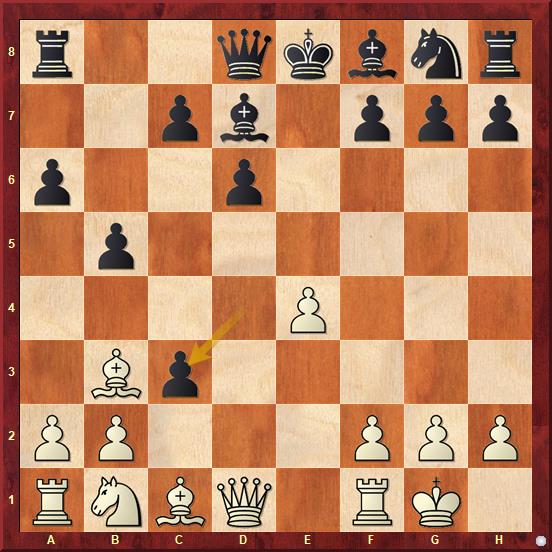
Lastly, we look at the rare Norweigian (3...Na5) where Fabiano makes use of a brilliant trick to steer the play into a pleasant endgame for White:
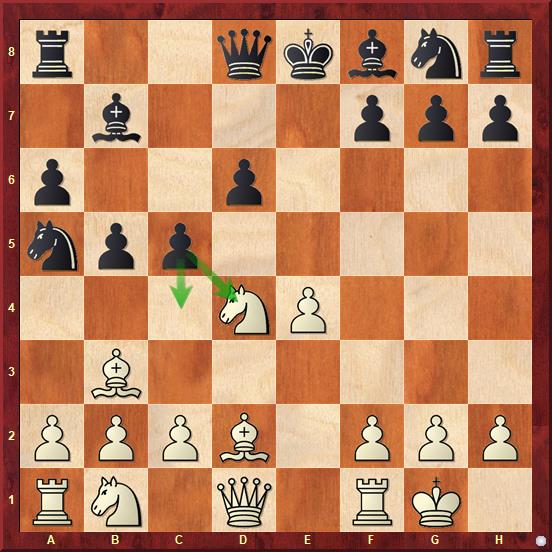
To top it off, the Fritz Trainer has all the modern features like Repertoire training, practice positions, and a bonus containing all the analysis and Caruana's Ruy Lopez games. All in all a treat.
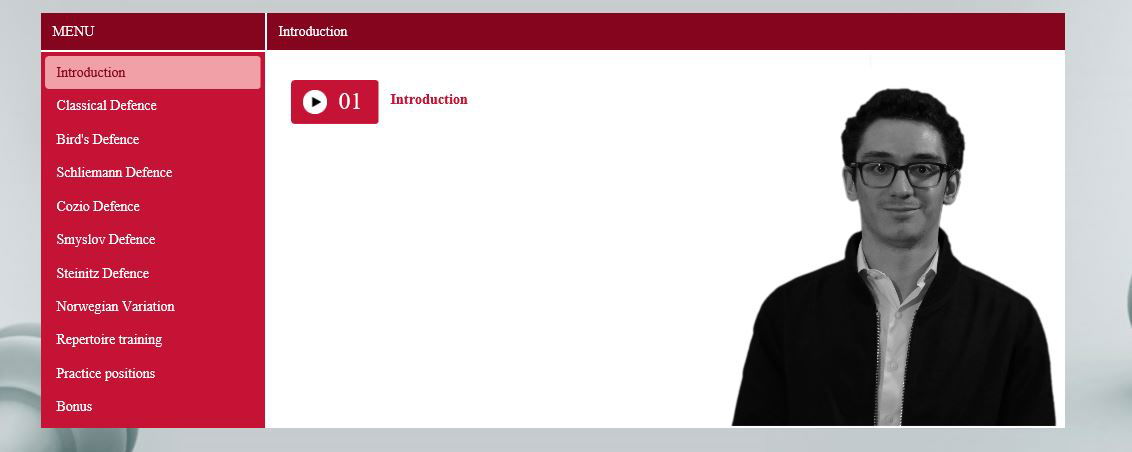
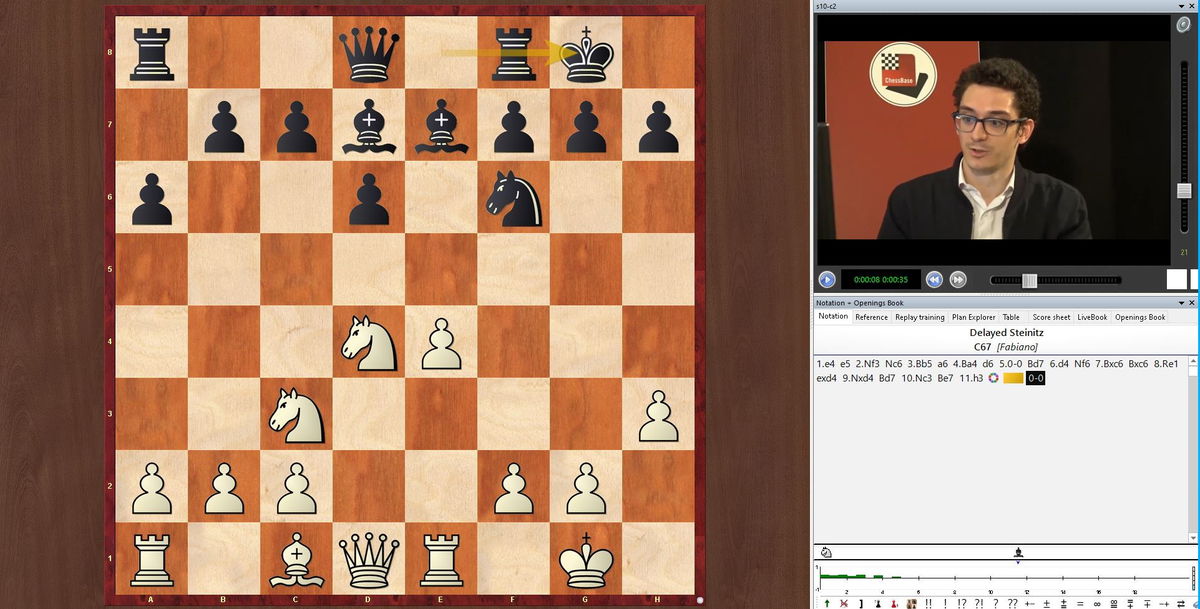
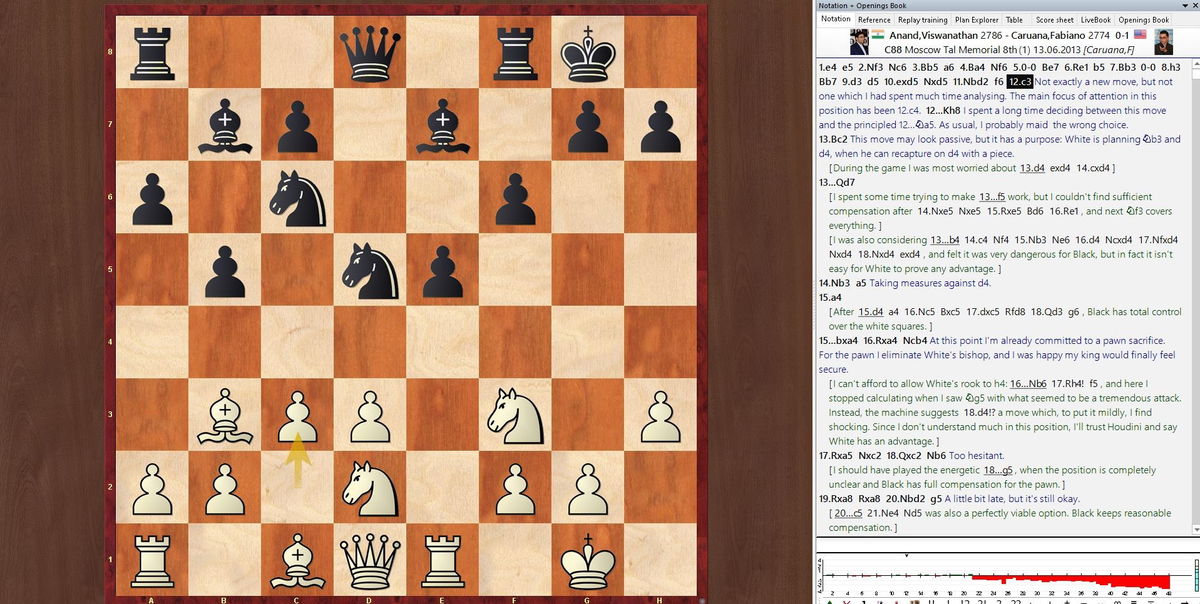
Now, I would like to conclude this long saga (trust me, 3 is not a small number!) by answering a pertinent question - what have I learnt from this package? More than the Ruy Lopez, about which my understanding is at another level currently, what I learnt most from this is how I need to constantly update my thought process - to be flexible, creative, open-minded and how the surface level picture is not enough! Fabiano's explanations about the game, and the pertinent questions posed by Olivier Reeh opened up a new portal of chess understanding for me. It was not just about the Spanish anymore - Fabiano provided a lot of interesting anecdotes that I can use in basically any position I analyse - I can see the change in the way I approach positions, from before and after watching Fabi's explanations - its now better in depth and understanding.
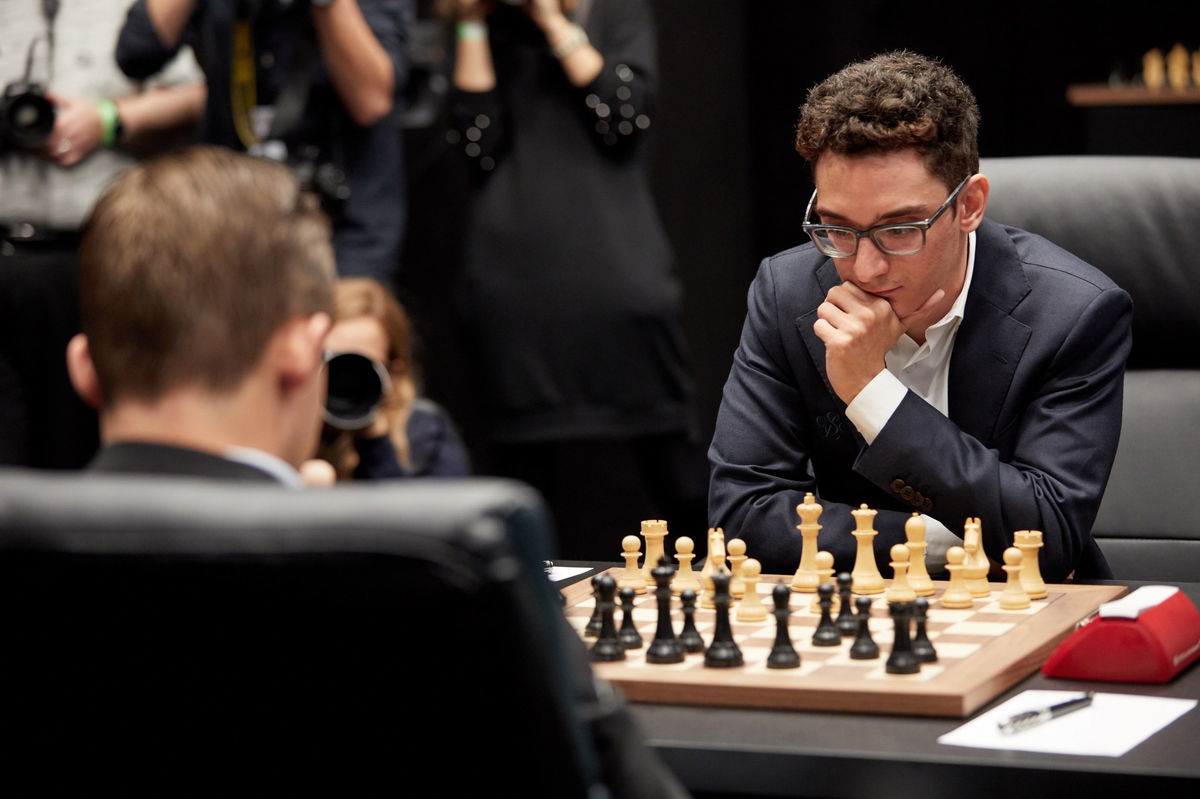
Overall, I would like to conclude that this series has brought a tremendous positive change into my game, and I gladly recommend this product to any aspiring player. As I have said earlier, this Spanish is Fab!!
About the Author:
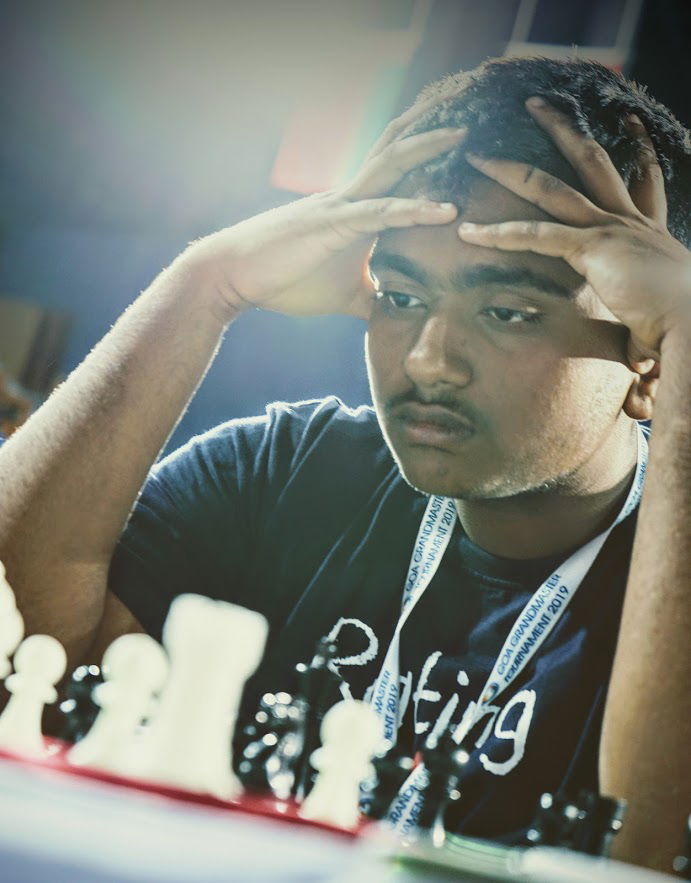
Tanmay Srinath is an 19-year-old chess player from Bangalore, Karnataka, currently pursuing both chess and engineering at BMSCE Bangalore. Tanmay is also a Taekwondo Black Belt, who has represented the country in an International Tournament in Thailand. He is a big fan of Mikhail Tal and Vishy Anand, and sincerely believes in doing his bit to Power Chess in India!





